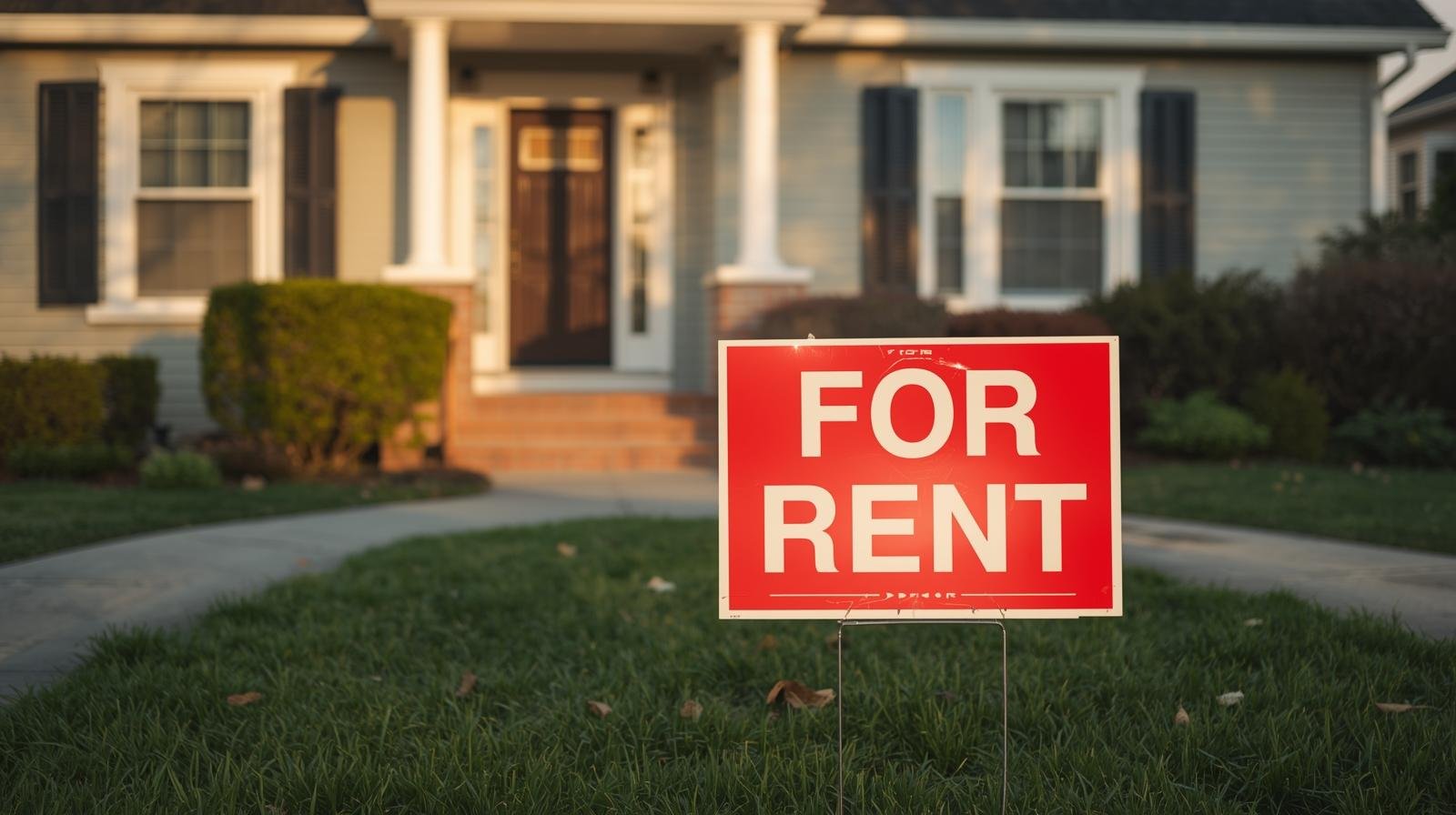Being a landlord in St. Lucia can be financially rewarding, but it can also come with challenges. From unpaid rent to property misuse, landlords often face situations that are stressful, time-consuming, and sometimes costly. The good news? Most of these issues can be prevented or managed with the right lease agreements, proactive communication, and professional property management.
Here are six of the most common problems landlords in St. Lucia encounter and a few practical solutions for each.
1. Unpaid Rent
Some tenants present emotional stories to delay or avoid rent payments. While some may be genuine, others can be excuses designed to buy time. Trying to separate fact from fiction can pull landlords into personal situations that are not theirs to manage.
Solutions:
- Rely on your rental contract’s terms and conditions for breaches and follow the law without deviation.
- If you prefer to avoid confrontation, outsource enforcement to a property manager within a week of the payment being past due.
- If significant time has passed before deciding to enforce the contract, seek legal advice before acting. This ensures confidence and legal compliance when exercising your rights as the landlord.
2. Late Rent Payments
Even when rent eventually arrives, repeated late payments disrupt a landlord’s cash flow, especially if the property income supports a mortgage or maintenance.
Solutions:
- Have an open discussion with the tenant/s about the importance of timely payments.
- Include a late fee clause in future rental agreements to discourage habitual delays.
- If permitted under the terms of the existing lease, issue a formal notice to tenants informing them of an adjustment to the current lease to include the late payment clause.
3. Misuse of the Property
It’s common for landlords in St. Lucia to draft simple lease agreements that only cover the basics: lease term, rent amount, payment date, eviction, and breach terms. However, issues arise when a tenant begins using the property for purposes not agreed upon, such as subletting to Airbnb guests, renting to third parties, or running a business.
Under the Civil Code of Saint Lucia, Section III (1542):
The lessee (tenant) has a right to sublet, or to assign his or her lease, unless there be a stipulation to the contrary.
Solutions:
Ensure the following form part of the terms of the leasing agreement.
- The tenant cannot sublet without the landlord’s written consent.
- The tenant agrees to use the property only as a personal dwelling.
4. Tenants Neglecting Property Upkeep
Few things are more disheartening than inspecting a property after a tenant leaves and finding it in poor condition, far worse than normal wear and tear. Some landlords in St. Lucia even stop renting altogether after bad experiences.
Solution:
- Schedule quarterly inspections to identify issues before they worsen.
5. Tenants with Unreasonable Expectations
St. Lucia’s rental laws are neutral, but many tenants are unaware of their actual responsibilities. Some assume that because they pay rent, the landlord must fix all damages, including those caused by the tenant or their guests. This can make renting feel like an endless expense for landlords.
Solutions:
- Clearly outline tenant responsibilities in the lease agreement.
- Review these responsibilities with tenants before signing to avoid future disputes.
- Refer to the Civil Code of Saint Lucia, Section III, 1539–1540, which details the obligations of the tenant.
6. Difficulty Removing Tenants
Some tenants are extremely difficult to remove, whether for non-payment or other breaches of contract. Evictions in St. Lucia can be stressful if not handled properly.
Solutions:
- Serve an eviction notice clearly stating the breach and termination of the lease.
- Landlords may deliver the notice themselves or work with an attorney for legal enforcement.
- If necessary, pursue eviction through the courts to ensure the tenant is removed by law.




Join The Discussion